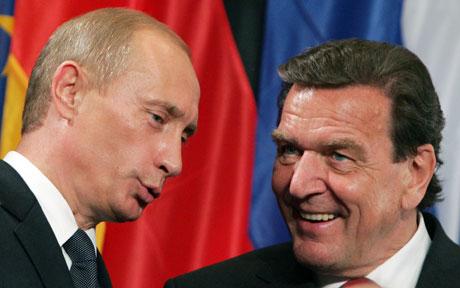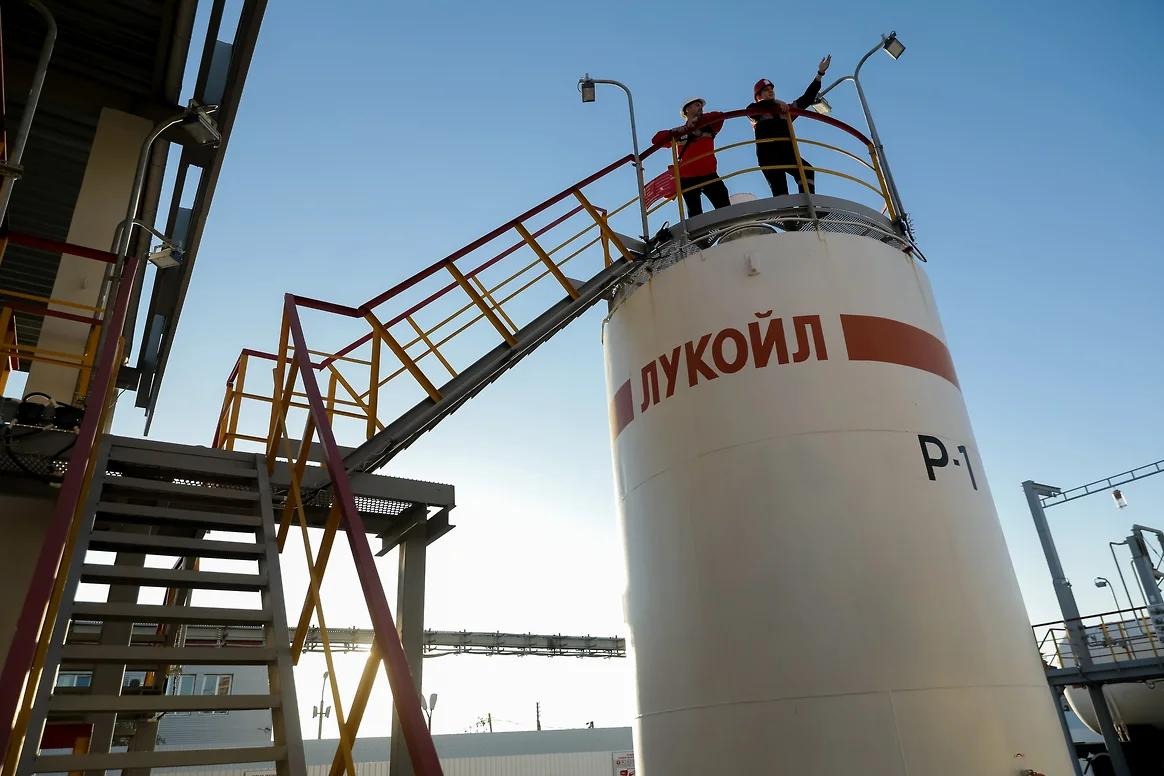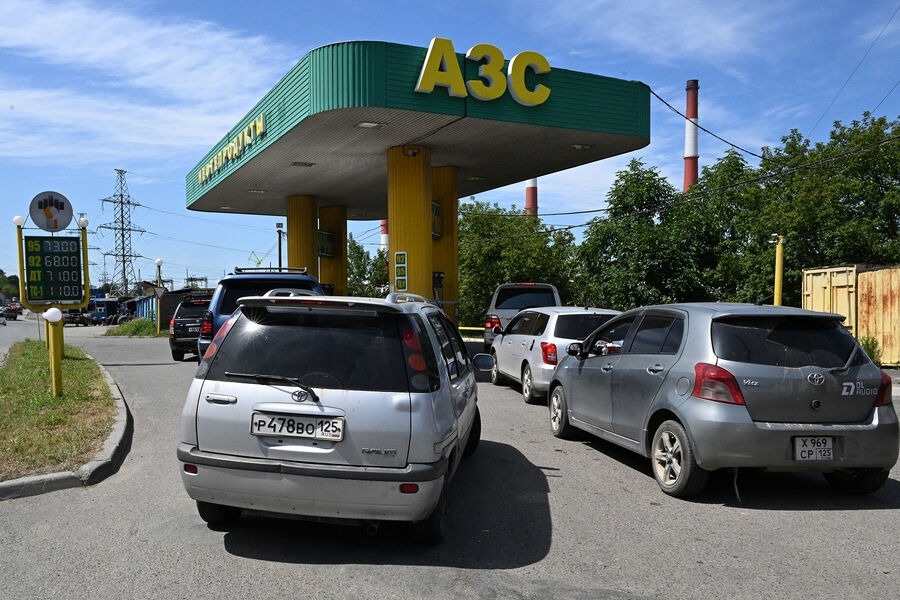
Germany Vulnerable to Russian Energy Supply Manipulations
Germany Vulnerable to Russian Energy Supply Manipulations
Russia’s halt of gas deliveries via Ukraine to Europe in mid-winter underscores Germany’s dilemmas on energy security and policy. Those dilemmas are largely unnecessary and even self-inflicted. The country has allowed itself to drift—and to some extent be maneuvered—into a situation of overdependence on Russian gas. That trend has become difficult to reverse quickly; and it may reach the point of no return if the Russo-German Nord Stream gas project materializes (against the odds) as planned by 2011-2012.
The Kremlin, along with German groups with vested interests in a special relationship, is using this gas transit crisis to argue for closer Russo-German integration through direct pipelines. On January 7 in St. Petersburg, Russian Prime Minister Vladimir Putin and former German Chancellor Gerhard Schroeder appeared jointly before television cameras to tell Germany that the halt of Russian gas deliveries via Ukraine “demonstrated” the need to implement the Nord Stream pipeline on schedule (Handelsblatt, January 8).
Germany’s reliance on Russian gas has risen steadily, reaching approximately 40 percent of both consumption and imports in 2007 and 2008. This dependency level is the highest by far of any West European country. It is, moreover, projected to reach as much as 60 percent of German gas requirements (including Russian-delivered gas originating in, or swapped with, Central Asia, thereby cutting Germany and Europe off from that source) during the course of the next decade.
At the same time, Germany relies on Russia for almost 40 percent of its crude oil consumption and imports (including Russian-delivered oil from Kazakhstan). By West European criteria, this is also a highly abnormal level of dependency on one oil-supplying country. Most of that oil and all of that gas reach Germany by overland pipelines from Russia. This system tends to increase the importer’s long-term dependency and its exposure to manipulation of deliveries by the dominant supplier.
Germany has only a limited degree of flexibility to respond to Russian supply disruptions by switching to other import sources. The country has been slow to plan and develop liquefied natural gas (LNG) terminals or to increase its insufficient maritime capacities for oil imports. Thus, Germany cannot fully or promptly replace shortfalls when faced with Russian disruption of supplies. Building up gas reserves for winter emergencies, such as the present one, is a stop-gap solution, one that falls short of addressing the twin structural problems of excessive dependency and insufficient flexibility.
Germany therefore faces a risk-fraught, cumulative overdependence on hydrocarbon supplies from a politically and strategically problematic Russia. This is partly a result of inadequate national planning (national champion companies notwithstanding) and partly the result of strategic choices by economic groups and governmental circles to build special relations with Russia.
Faulty policy choices are driving up demand for Russian gas in some artificial ways. One is the Social Democrat-Green government’s decision five years ago to decommission nuclear power plants, with a view to abandoning civilian nuclear power entirely by 2023. That policy has become the single largest factor in boosting demand for Russian and other gas. The Christian Democrat/Christian Social Party, now governing in coalition with the anti-nuclear Social Democrats, opposes that decision but does not have enough votes to change it.
Another major factor is the European Union’s climate-protection policy, which makes the construction of modern coal-fired plants to replace obsolete ones uneconomical. Instead, the EU policy is skewed to encourage construction of gas-fired plants. In sum, natural gas has become the fuel of choice for electricity generation, leading to a disproportionate reliance on gas and the quest for it in Russia.
Some German interest groups in the energy sector and some government officials have long insisted that Russia is a reliable energy supplier to Europe generally and to Germany in particular. Russian supply disruptions have not seemed to shake that dogma. Such a belief has ignored (or so it seems) the recurrent, politically-motivated cut-offs in Russian energy deliveries to Latvia (oil, since 2003), Lithuania (oil, 1999-2002 and again since 2006), Poland (gas, 2004), and the Czech Republic (oil, 2008) as well as the disruptions in gas supplies to eight European Union member countries (including Germany) during Russia’s January 2006 gas attack on Ukraine. The major German oil refineries, Schwedt and Leuna, were also targets of deliberate (“business-motivated”) disruptions in Russian oil supplies by pipeline in 2006 and 2007.
Ukraine carries almost 80 percent of Russian gas supplies to Europe. The total halt in Russian supplies via Ukraine on January 6, following the partial halt on January 1, is unprecedented in its magnitude and its systematic, planned character. Even Economics Minister Michael Glos, a firm believer thus far in Russia’s “reliability,” has now revised his position on that issue (Frankfurter Allgemeine Zeitung, January 6; DPA, January 7). Moscow’s overt halt in gas deliveries to Europe gives Germany’s responsible politicians the chance to call for appropriate changes of strategy and policy in this election year.


